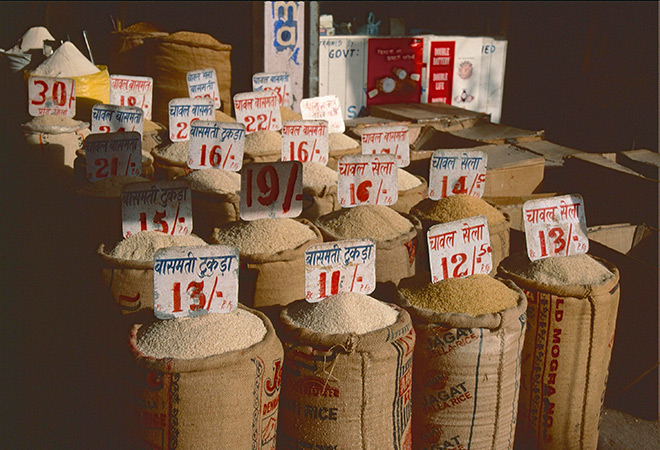Agniveer Issue: Importance and Concerns
August 05
In 2022, the government launched the Agnipath Scheme for recruiting soldiers called Agniveers across the Three services Army, Navy and Airforce. Under the new scheme, around 45,000 to 50,000 soldiers will be recruited annually. At the end of the four-year contract, 25% of 'Agniveer' will be inducted into the armed forces and rest will be retired with many benefits.
What are the benefits?
Agniveers will get Rs 30,000-45,000 per month as salary for four years. Upon the completion of the 4-years of service,...


Comments
Write Comment